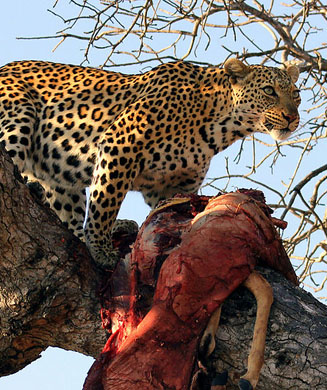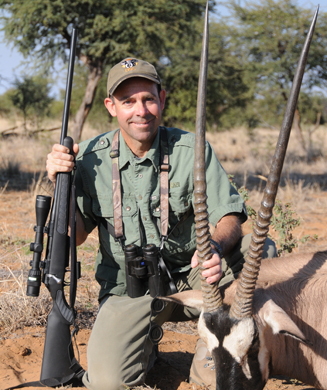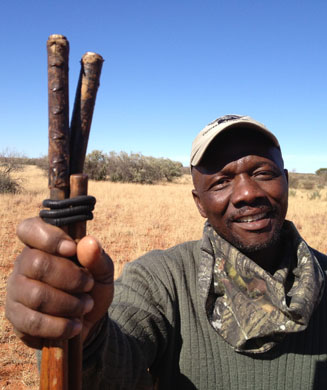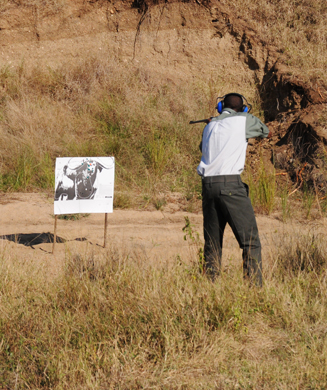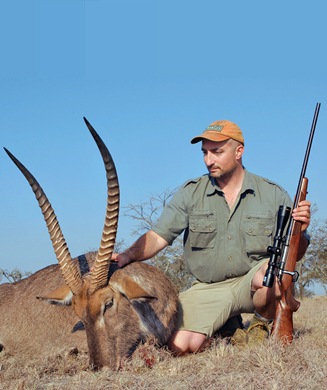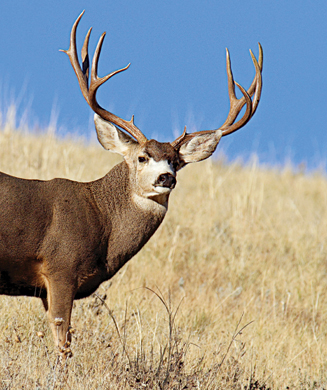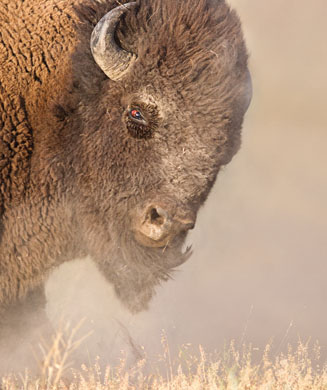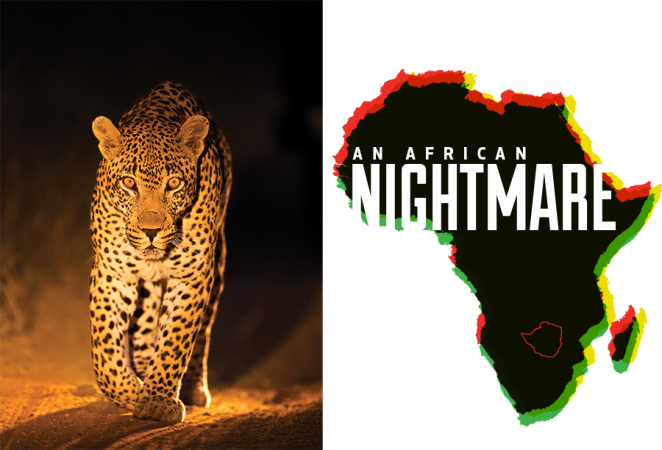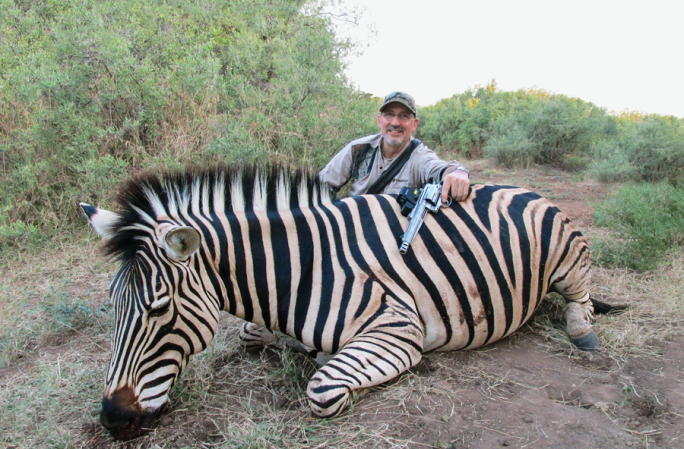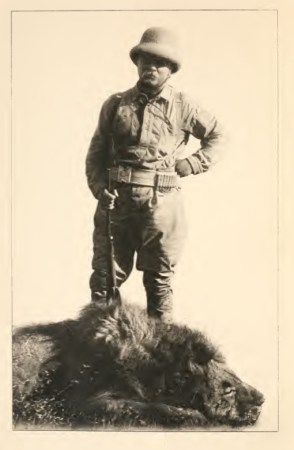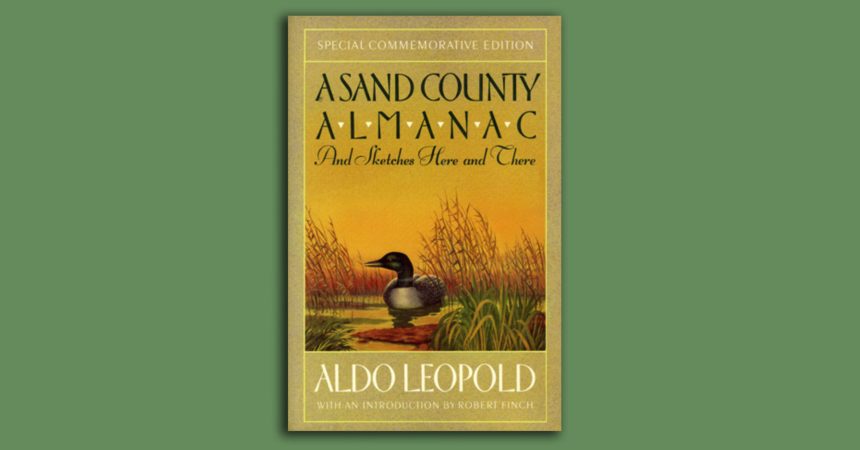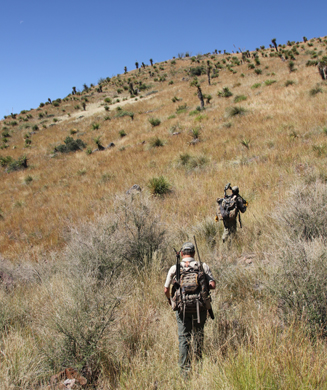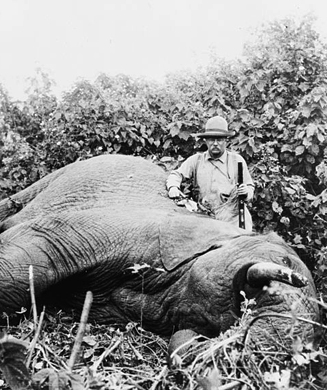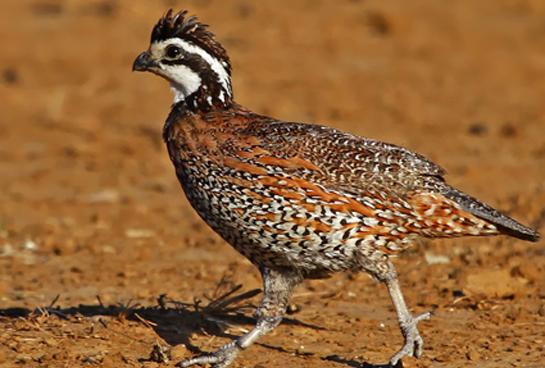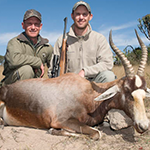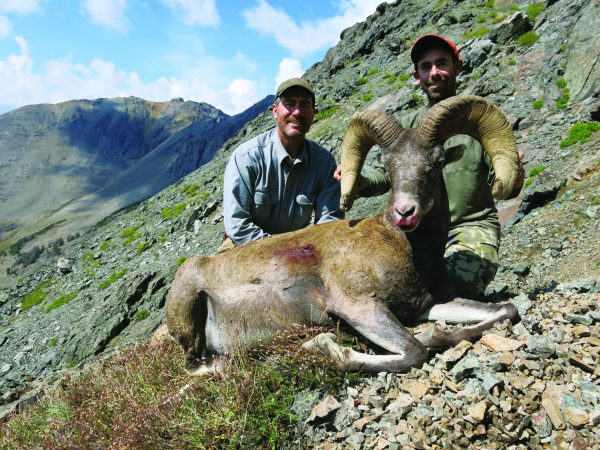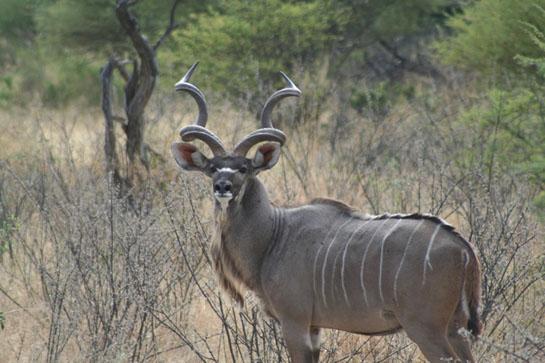
For more than a century, Africa has been the dream destination for many hunters, including such notables as Theodore Roosevelt and Ernest Hemingway. A young Frederic Courtenay Selous was so enthralled by the idea of hunting Africa that when the director at his boarding school in England found the boy asleep on the floor of his room and asked why he wasn’t in bed Selous retorted, “I’m toughening my back to sleep on the dirt of Africa!”
The idea of venturing into remote lands in search of exotic and dangerous game has intrigued hunters worldwide since the days of flintlocks and Pith helmets, and even today thousands of hunters are compelled to explore the far-flung corners of the continent just as Selous did in the late 1800’s. As Peter Hathaway Capstick once said, “more of Africa gets into your blood than just malaria.”
It isn’t hard to see why so many hunters dream of Africa. The continent is home to a tremendous variety of game, from tiny suni and dik-dik antelope to the real land giants like elephant, rhino, and hippo. It is the only place that a hunter can sense the primordial terror of hearing a lion roaring in the darkness or witness a dozen different species of grazing animals feeding together on the open plains. Nowhere else on the planet can a hunter see such a wide variety of game in a short week or 10-day hunt. And while some of the great hunting destinations of the past like Kenya and Sudan have closed their doors to sportsmen, other countries have embraced international hunters, and the wildlife in these countries have benefited greatly. In fact, the more than 18,000 hunters that travel to Africa generate more than $200 million annually and fund the protection of over 540,000 square miles of habitat.
Modern transportation has made Africa more accessible, and many multi-species plains game hunts cost less than a single species hunt in North America. Game numbers are excellent in many areas, and there are many quality operators that will work hard to see that your safari is a success. The months-long caravan hunts that Roosevelt wrote about are a thing of the past, but during a week-long plains game safari you can expect to hunt several different species and stay in comfortable, well-equipped camps and lodges. The truth is that golden age of safari may be right now.
Africa is ever-changing, and faces many challenges, but the continent remains one of the world’s great sport hunting destinations. Here’s a current look at eight of Africa’s most popular hunting countries and an insider’s look at what each has to offer.
Photo by: Wendell Reich
Botswana
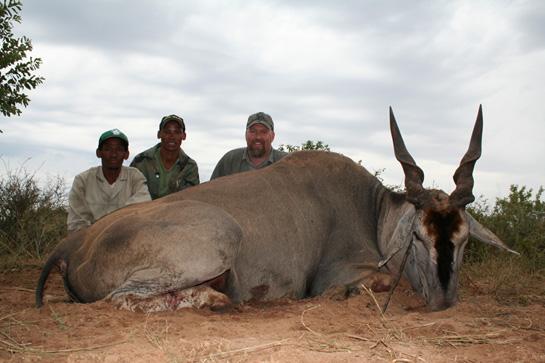
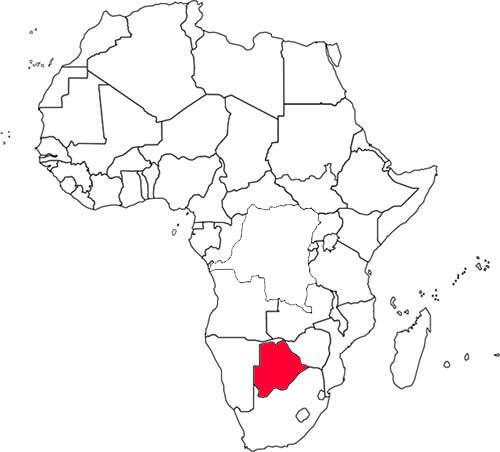
Botswana relies heavily on sport hunting to finance wildlife conservation initiatives. Safari hunting generates in excess of $20 million annually in Botswana and creates 1,000 jobs. Perhaps more importantly, 75 percent of the income generated by sport hunting stays inside the country, compared to retention of just 22 percent of the funds generated by photo safaris. In addition, Botswana’s hunting heritage is rivaled by few other countries. It was the home base of legendary PHs like Harry Selby, Joe Coogan, and Jeff Rann. Botswana is known for producing some of the best elephant, lion, buffalo, and leopard in all of Africa, and the country has a wide variety of plains game.
Forecast: Uncertain
Quotas are extremely limited at this time, and many of the once-great hunting areas are currently closed. Lion hunting is suspended indefinitely, and there are very limited opportunities for leopard and buffalo. Botswana has always produced some of the largest elephant in Africa, but rumors of a complete closure on all hunting in 2014 loom. If that occurs, it will be a disaster for wildlife populations and local communities. Botswana still has great hunting, but its future is uncertain at best.
Best Bet Hunt: Plains Game
Botswana’s dangerous game hunting is superb, but high demand and low availability makes these hunts extremely expensive. Instead, try hunting on one of the game ranches in the Kalahari Desert. You’ll have the opportunity to hunt eland, kudu, oryx, hartebeest, and other antelope on the vast open plains of southern Africa for about the price of a fully guided Alaska moose hunt.
Watch For: Widespread hunting closures in 2014
But that may not be the case. If you want to hunt Botswana don’t wait much longer.
Photo by: Wendell Reich
Namibia
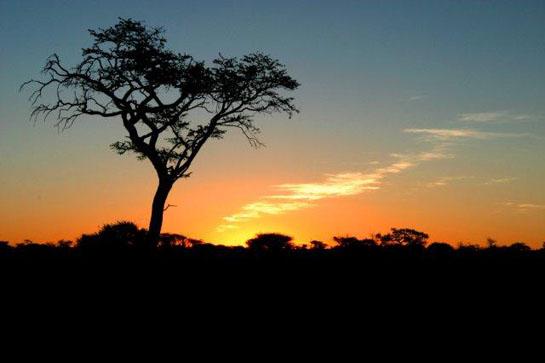
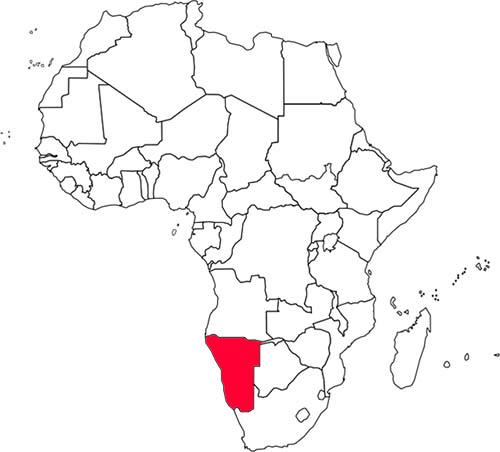
This large, dry country in southwestern Africa rose from relative obscurity to become one of the continent’s best safari destinations. Safe, stable, and relatively unpopulated, Namibia has become a favorite destination of American and European sport hunters. There are huge tracts of huntable land, the prices are still excellent for plains game hunts, and you can hunt all of the Big Five here as well. Hunting generates over $28 million annually in Namibia, and 75 percent of the hunting areas in the country are part of a network of communal conservancies that benefit local people by giving them fair share ownership of natural resources.
Forecast: Very Positive
Namibia is a shining example of what hunting revenue can accomplish for wildlife and people. Because the land is so arid, there are fewer cattle operations in Namibia than elsewhere in Africa. German colonists learned to rely on wildlife for food, and since the early twentieth century the people of this dry land have managed wildlife through applied conservation. Because sport hunting accounts for almost 3 percent of the country’s GDP, Namibia has worked to insure that wildlife populations are protected. In addition, game ranching is very popular and prices remain relatively low for plains game safaris. This is a great destination for the first-time safari hunter.
Best Bet Hunt: Big Kudu
If you want a 60-inch kudu this is your best bet. Namibia has lots of kudu, but these striking antelope are elusive, shy, and difficult to hunt. If you spend much time pursuing them you’ll become familiar with their loud warning “bark” that indicates they’ve seen you before you’ve seen them. Big kudu are found throughout the country, but the Erongo Hills in the central portion of Namibia is a good place to start your search for the “gray ghost.”
Watch For: Import Opportunities
Cheetahs and black-faced impala are currently listed as CITES appendix I species, and neither can be imported to the U.S., but there is a possibility that one or both of these species could be importable this year or next.
Photo by: Jofie Lamprecht
Mozambique
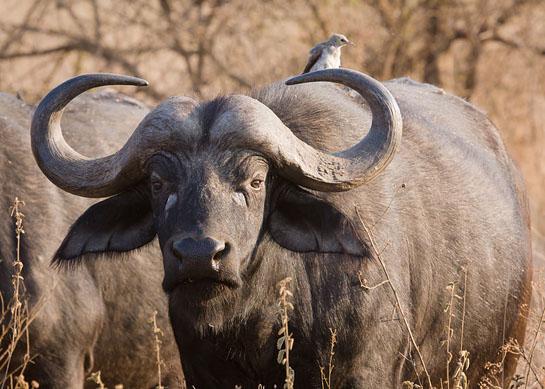
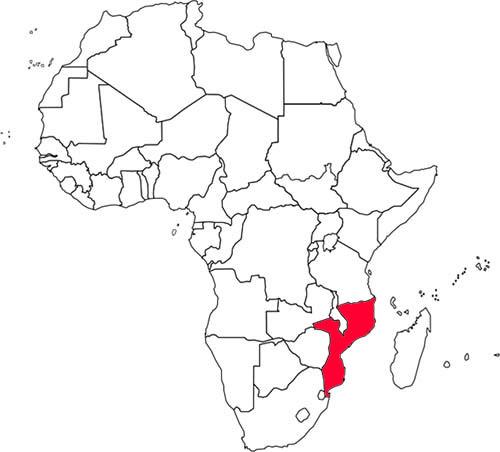
Ravaged by a decades-long civil war, Mozambique is now returning to its former glory as a safari hunting destination. There were several areas in the country where game was spared from poaching during the civil conflict, and Mozambique is now a very popular safari destination that continues to grow in popularity each year. The country has some fantastic buffalo hunting and offers opportunities for many of the prized plains game species like sable, kudu, waterbuck, and nyala. Much of Mozambique is very wet, so be prepared to get soaked.
Forecast: Positive
Mozambique, like many other African nations, faces the problem of wildlife poaching. However, anti-poaching initiatives (funded in no small part by hunters) are working to dismantle these poaching operations and protect wildlife. Mozambique is quickly gaining favor with international hunters because of the variety of game and reasonable prices.
Best Bet Hunt: Flood-Plain Buffalo
The vast coutadas, or hunting areas, along the Indian Ocean offer some tremendous opportunities for hunting Cape buffalo. Much of this hunting is done in open, swampy areas, but the buffalo live in sand forests as well. If you want a traditional dangerous game safari in a remote wilderness camp but you don’t want to pay to hunt in Tanzania or Zambia, try Mozambique.
**
Watch For: Snakes**
The forests along the coast are home to an array of adders, cobras, and mambas. Odds are very slim that you’ll be bitten, but it pays to watch your step and heed the advice of your professional hunter. Always be vigilant.
Photo by: Ikiwaner on Wikipedia
South Africa
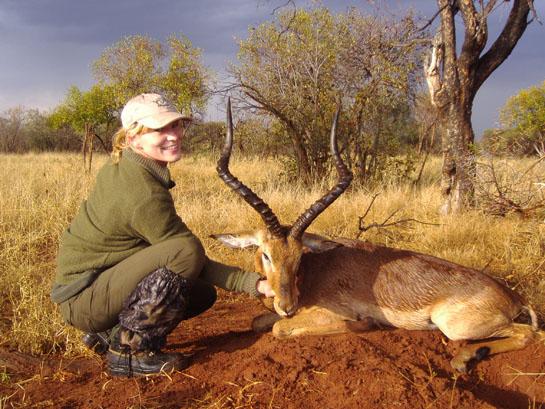
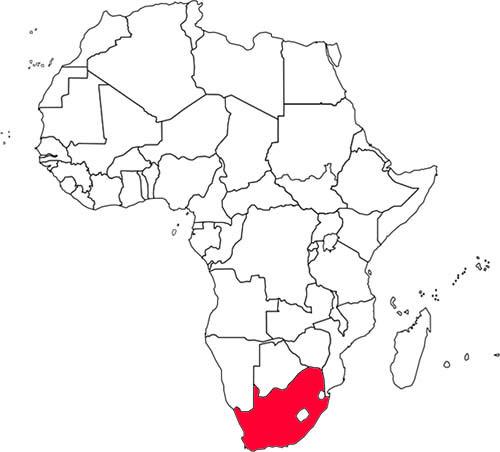
South Africa is an enormous country with a huge variety of game, including all of the Big Five. You can hunt in the green hills of Zululand near the Indian Ocean, the open plains of the Western Cape along the Atlantic, and all points in between. South Africa is home to many of the popular antelope species like oryx, wildebeest, kudu, impala, and blesbok as well as some of the finest wingshooting in all of Africa. Plains game safaris are reasonably priced, but the Big Five hunts are very expensive and many of the lions hunted in South Africa are captive bred animals and not wild cats. South Africa is by far the most popular safari destination, and fully half of the $200 million spent annually on hunting in Africa lands here. The safari industry employs about 70,000 South Africans.
Forecast: Positive
South Africa has a network of game ranches ranging in size from a few hundred acres to hundreds of thousands of acres. Much of it is fenced, though many of the properties are so vast that many hunters never see a boundary fence in a week-long hunt. The white rhino, which was saved from the brink of extinction in part by finds generated by hunters, is a target for poachers looking to sell their valuable horns. The funds generated by sport hunters are now helping finance anti-poaching efforts.
Best Bet Hunt: Combo Trips
First-time hunters should look to Zululand or the Eastern Cape. Bring your family and enjoy big game hunting, fabulous wingshooting, photographic safaris, and luxury lodges. In addition, South Africa has some excellent fresh and saltwater fishing. You can bring along your favorite deer rifle and take most of the antelope species you are likely to encounter.
Watch For: Customs Hassles
South Africa’s gun import laws are stringent and complex. Be sure to have all of your paperwork filled out ahead of time and consult your professional hunter for advice regarding the import of firearms. Some hunters pay a few hundred extra dollars to have a safari concierge service meet them at the airport and help them through the process. Keep your bags locked in the airport, as pilfering and theft has been a problem in the past.
Photo by: Dries van Coller
Tanzania
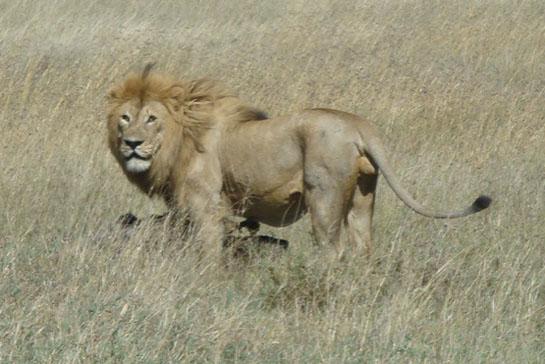
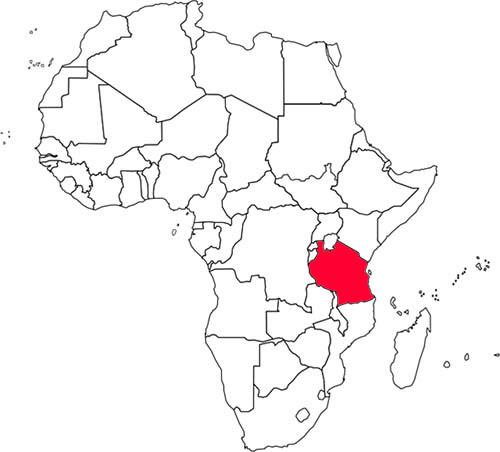
Tanzania is one of the original East African colonial hunting areas where Hemingway, Ruark, and Roosevelt spent their time afield. Today Tanzania ranks second to South Africa in the amount of revenue generated by sport hunters (around $30 million annually, according to SCI figures) and the numbers of safaris conducted annually in this country continues to increase. Tanzania has some of the finest wilderness areas left available to hunters including the Selous Game Reserve in the southern portion of the country, which covers approximately 20,000 square miles and has no permanent human settlements. Tanzania isn’t cheap, but it remains one of the premier destinations in Africa.
Forecast: Positive
Tanzania has some of the greatest game animals in the world and it is home to breathtaking scenery, but this country also faces some significant challenges. The human population is increasing rapidly and human settlements are continually pushing deeper and deeper into remote wilderness areas. Still, Tanzania offers a level of variety and quality that few other countries can match.
Best Bet Hunt: Mixed-Bag Dangerous Game
Two cape buffalo are available on a short ten-day hunt, and fantastic leopard and lion hunting is still available, though cat hunts require 16 days or more. By the time taxes, trophy fees, charters, daily rates, and government fees are applied a Tanzanian hunt is downright pricey. But for the well-heeled, the opportunity to hunt these storied game fields is well worth the cost.
Watch For: Cancelation Hunts
I’d be lying if I said that there was such a thing as a “cheap” Tanzanian hunt, but if you have some money to spend and you can leave home on short notice you might be able to book your dream safari for a fraction of the price later in the season.
Photo by: Amanderson2 on Flickr
Uganda
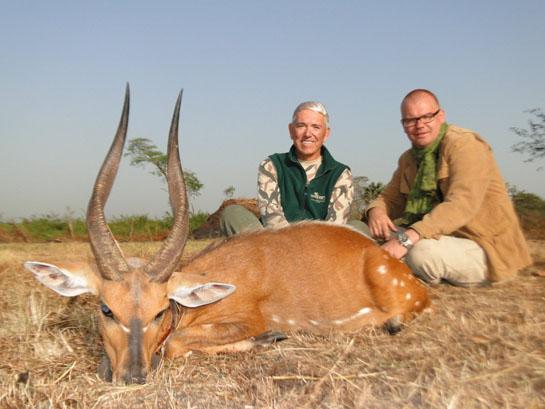
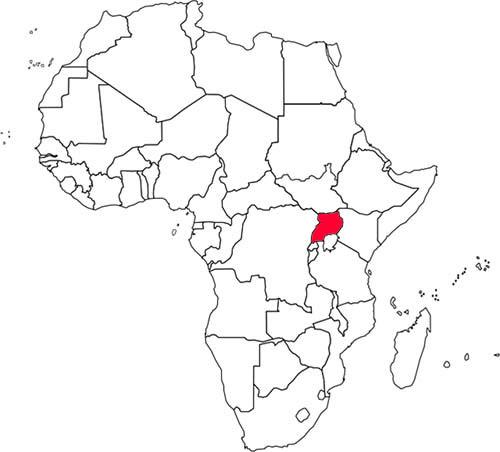
Churchill called Uganda the “Pearl of Africa,” and the country was a prime safari destination until civil war and the reign of Idi Amin brought the once-robust hunting industry crashing down. It seemed for a while that Uganda might be a destination of the past, but pioneering hunters returned to the game fields and now Uganda is poised to regain some of its former glory.
Outlook: Very Positive
Uganda’s safari hunting industry has some hurdles that need to be cleared; the infrastructure is relatively poor and game surveys are still being conducted in remote areas to determine whether or not they are suitable for hunting. However, the news seems to be good for this equatorial nation. There are vast areas of wilderness with the potential to be fantastic hunting areas. With its safari industry no longer referred to in the past tense, Uganda appears poised to challenge for one of the top spots on the continent.
Best Bet Hunt: Mixed Plains Game
Uganda is home to both Nile buffalo and East African sitatunga, both of which are highly sought after by collectors. However, Uganda is home to some tremendous plains game hunting for animals that aren’t on game lists in other countries like Uganda kob, Nile bushbuck and Uganda defassa waterbuck.
Watch For: World Records
The Kafu River Basin, which covers seven million acres, was placed under the management of Uganda Wildlife Safaris and the area is producing world-record trophies almost annually. In fact, Christian Weth, owner of Uganda Wildlife Safaris, led two different clients to world-record animals (Nile bushbuck and East African sitatunga) within two weeks of each other in February, 2013.
Photo by: Christian Weth
Zambia
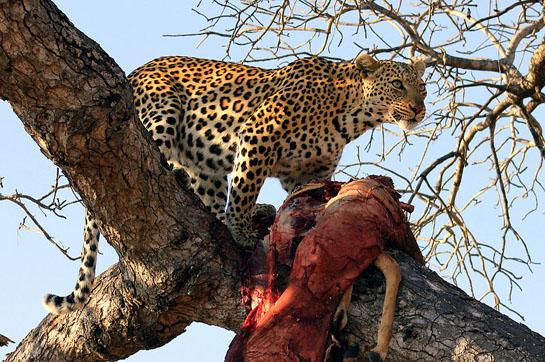
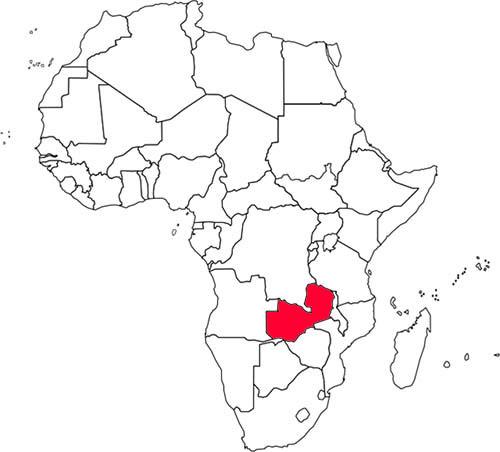
When Zambian President Michael Sata took office in 2011, one of his first acts was to release all criminals who were serving convictions for wildlife violations. Since that time, Zambia’s safari industry has faced serious challenges. This is a shame because Zambia was once one of the premier safari destinations in all of Africa. In 2013, Sata closed hunting on all public lands, though concessions that are currently leased out to safari companies will remain open until contracts expire. Despite these indications that the hunting industry is failing, Zambia’s government has engaged in talks with Safari Club international and claims to be committed to working with hunters to conserve wildlife.
Outlook: Fair
Zambian Minister Sylvia Masebo traveled to Reno, Nevada to pledge her commitment to work with hunters, but the situation in Zambia is difficult to discern. SCI’s Nelson Freeman remains positive and hopes that the Zambian government will recognize the potential funding that will be lost if there is a ban on hunting. Wildlife populations seem to be holding on, though poaching is a problem.
Best Bet Hunt: Leopards
The far end of the Rift. Zambia’s Luangwa Valley lies at the southernmost end of Africa’s Great Rift Valley and it is home to some fantastic hunting, particularly for dangerous game. Some of Africa’s biggest leopards have been taken in the Valley, but cat hunting might end in Zambia. The Luangwa was one of Peter Hathaway Capstick’s beats as a PH, and many of the stories from his books take place in the area.
Watch For: Fraudulent Outfitters
Zambia has been plagued with unlicensed, uncertified guides hunting in areas where they don’t have contracts. That’s a shame, because Zambia also has some of the absolute best PHs in the industry. Don’t get duped, though. Have your guide provide references and ask them about their license status.
Photo by: Raphael Melnick
Zimbabwe
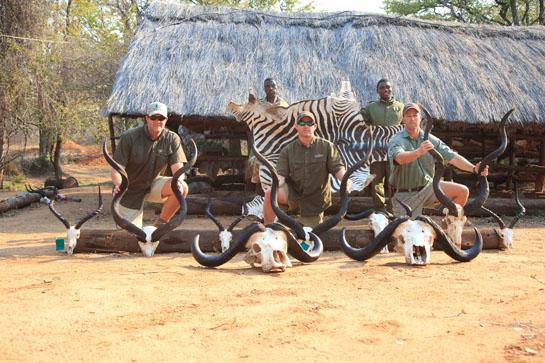
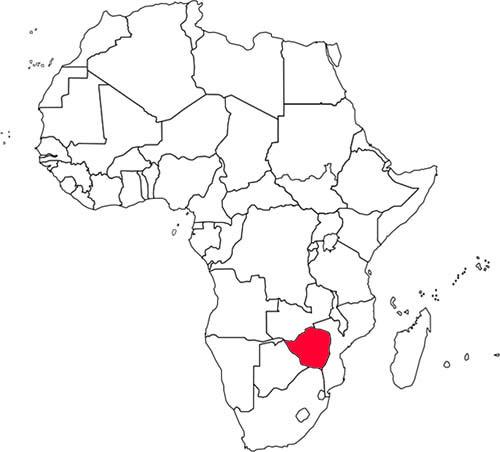
Once the primary destination for dangerous-game hunters, Zimbabwe has struggled financially over the past decade. However, the safari industry remains robust and essential for the conservation of wildlife. In Zimbabwe’s CAMPFIRE communal areas sport hunting provides upwards of 90 percent of income to local populations, and the revenue generated by sport hunters is one of the main sources of revenue in this country.
**Outlook: Positive **
Even though Zimbabwe has been the center of a great deal of negative media attention, most of the rural hunting areas have been largely unaffected by the political strife and wildlife populations remain stable. Zimbabwe is the most economical place to hunt dangerous game, and there are still good elephant, buffalo, lion, and leopard roaming the wilderness areas.
Best Bet Hunt: The Zambezi Valley
This remote river valley is home to plenty of wildlife, including large herds of Cape buffalo, and the region is home to some very large lions and leopards. For plains game hunters, a wide variety of species are available to hunt in the Zambezi, though the prices will be higher than what you will find in Namibia or South Africa. Still, a plains game hunt in the Zambezi Valley means sleeping where the wild things still roam, and the feeling you get when a lion begins tuning up in the moonlight outside your tent is worth the price of admission.
Watch For: Big Cape Buffalo
There are some great bulls in areas like the Zambezi and Save Valleys, and if you are willing to walk several miles you just might come upon a really outstanding trophy. Tracking buffalo on foot through the dense thorn forests of Zimbabwe might be the ultimate thrill in all of African hunting. In addition, buffalo safaris are generally the least expensive of all the Big Five. Bring a large rifle that you know how to shoot well and pack premium ammunition.
Photo by: High Adventure Company
